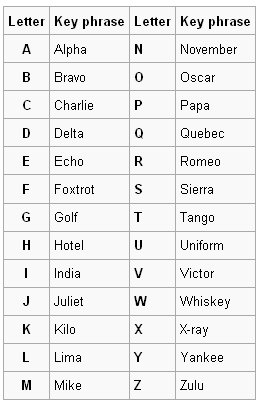We now live in the Digital Age. We take photos with our digital cameras, letting us take thousands of photos as we can easily delete photos that did not turn out well. We write emails on our computers, where we often type and retype, proofreading and editing until we have perfectly sculpted our message. We bombard each other with messages that package complex words and feelings into neat little abbreviations and emoticons.
Going digital has, without a doubt, made our lives easier. Digital is exact and fast, while being easily editable thanks to existing only in virtual space. But what is the price of convenience? Did we lose something in the process?
Before the Digital Age, we used film cameras that required careful photography as we had a limited number of shots per roll of film. We wrote handwritten letters, where we had to give considerable thought to what we were going to write before even picking up the pen, lest we waste another sheet of paper. If we wanted to say something important to someone we cared about, we would do it face to face, or at least over a phone call, where our body language and voice gave off subtle nuances about how we truly felt.
As cumbersome as this sounds, the value of analog is that it focusses on quality, not quantity. We no longer have photo albums that summarise a whole year (or even childhood) in just dozens of carefully curated photos. Instead, we have albums full of hundreds of pictures per day, which we rarely review because there are too many to go through.
The worst consequence of going digital is that our words have lost weight and substance. We throw words at each other like paper planes because we feel compelled to reply in some way. We think less about our choice of words because they are a dime a dozen, yet we overanalyse the meaning of what others say in a message because we have no other cues such as body language. We become hurt by hollow words and emoticons devoid of feeling and personality.
We are still analog. We cannot treat each other like photos that can be taken en masse then culled, or a word document that can be freely edited. We should put more care into the things we say to each other – with more thought, feeling and personality – to avoid hurting each other so much.




